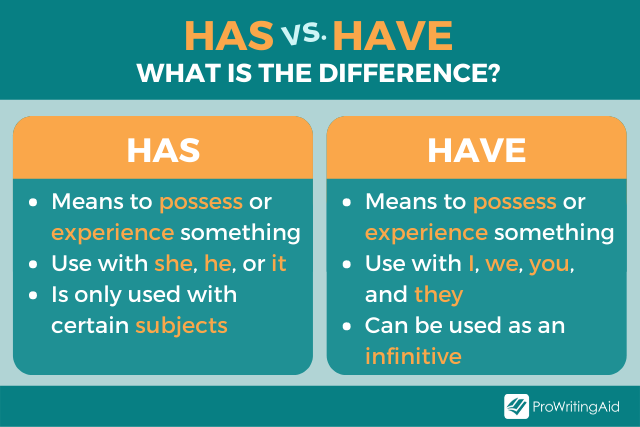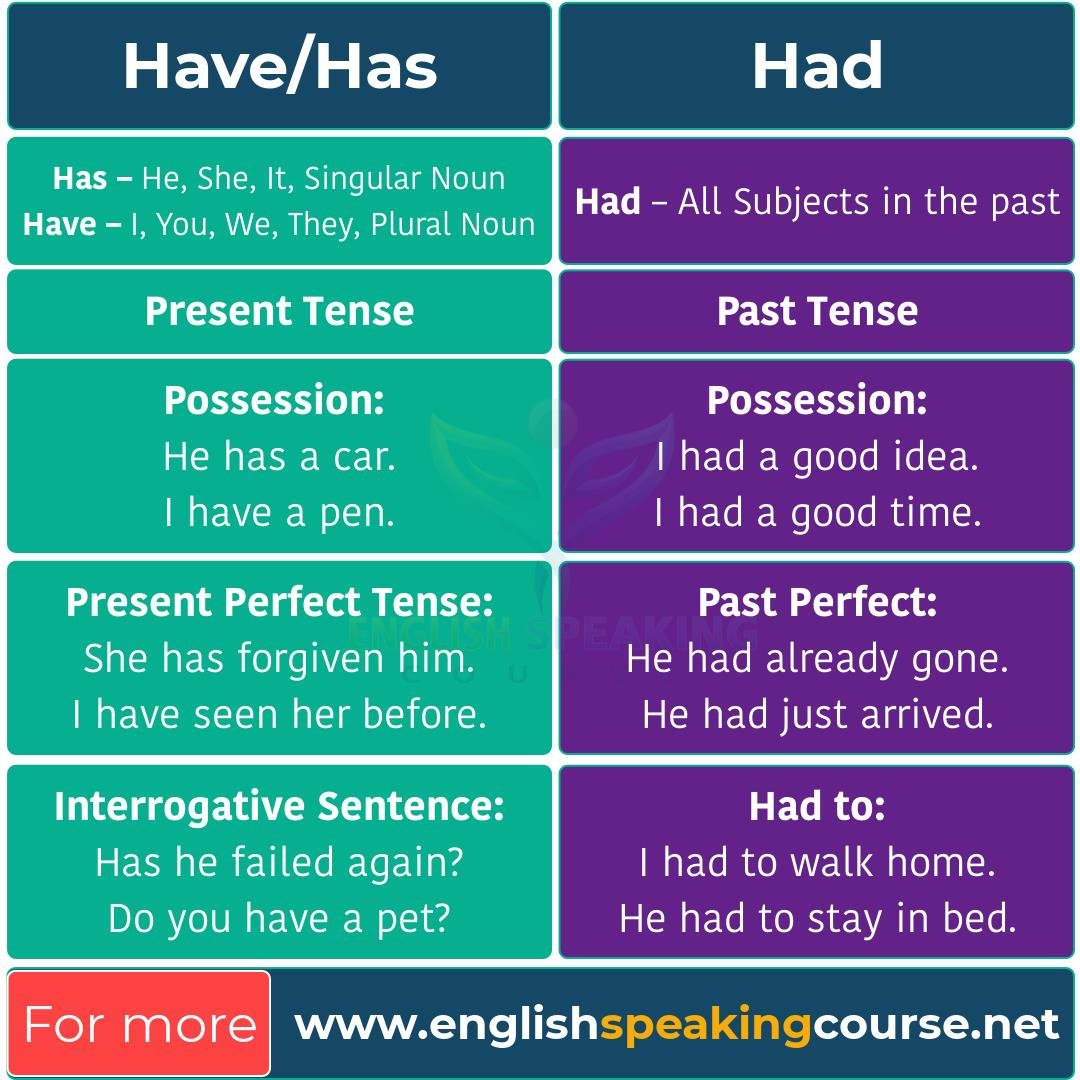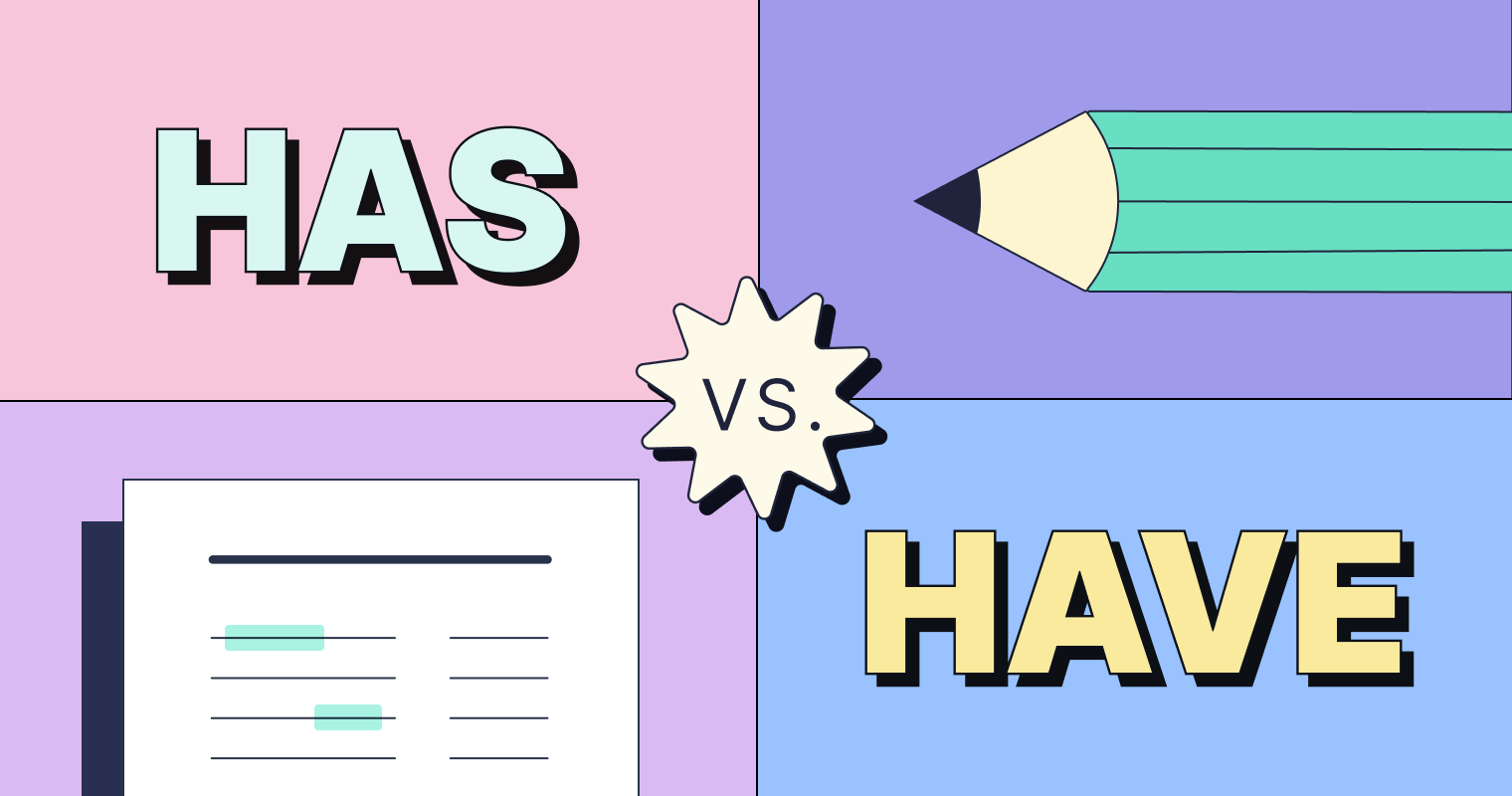When we think about the incredible athletic feats in professional basketball, a question that often pops up is about who can jump the highest. It's a natural thing to wonder, seeing players soar through the air, almost defying gravity, to dunk or block a shot. This kind of inquiry, about who has the highest vert in the NBA, really gets people talking, and it makes us consider what makes a question like this so interesting. You know, it’s not just about finding a name or a number; there's more to it than that, in a way, when you consider how we even ask such a thing.
The way we put words together to ask about something like who has the highest vert in the NBA can actually be quite a bit more involved than it seems on the surface. We often just blurt out our thoughts, which is fine for everyday conversation, but if we stop to think about the structure, we see some interesting things. For example, the very idea of "who" needing to agree with the verb "has" brings up a few points worth looking at. It’s a little like how we learn to speak, but then we dig deeper into the rules that quietly guide our words.
This exploration isn't just for those who study language; it's for anyone who uses words to make sense of the world, especially when discussing something as dynamic as sports. So, as we talk about who has the highest vert in the NBA, we'll also gently pull back the curtain on the ways our language works. It’s quite fascinating, actually, how a simple question can lead us to consider so much about how we communicate.
- Country Artists Top 100
- Curiosity Quotations
- Video Of Fan Falling
- 2000 Gangster Outfit
- Tracy Morgan Dead
Table of Contents
- Thinking About Who Has The Highest Vert In The NBA?
- How Do We Ask About Who Has The Highest Vert In The NBA?
- Does 'Who' Always Agree With The Verb When We Ask About Who Has The Highest Vert In The NBA?
- Exploring The Nuances Of 'Has' When Asking About Who Has The Highest Vert In The NBA
- When We Talk About Who Has The Highest Vert In The NBA, Is 'Has' Always The Right Fit?
- The Way We Ask About Who Has The Highest Vert In The NBA
- Considering How Questions Are Formed About Who Has The Highest Vert In The NBA
- What About The Different Ways To Phrase Who Has The Highest Vert In The NBA?
Thinking About Who Has The Highest Vert In The NBA?
When someone asks about who has the highest vert in the NBA, the question itself brings up more than just a simple answer. It’s not just about a single person or a single number, you know? The way the question is built, starting with "who," makes us think about how we connect that "who" to the action being done. It's a bit like how a detective might look at a clue; the question itself gives us hints about the language we are using.
The inquiry "who has the highest vert in the NBA" is, in some respects, a great example of how our everyday speech works. We use "has" because we are talking about a single person, even if we don't know who that person is yet. It’s quite straightforward, really, how our minds automatically pair the singular "who" with the singular form of the verb "to have." This connection happens so fast, we rarely stop to think about it.
It’s also interesting to consider that this question, about who has the highest vert in the NBA, covers a good deal of ground beyond just the two words "have" or "has." It implies a search for a unique individual, someone who stands out. This search, naturally, guides our choice of words. We don't say "who have," for instance, because that would sound a bit off when we are looking for one person. It’s a subtle but important point, you might say, in how we speak.
- Good Evening Evening
- Who Is The Smallest Basketball Player
- Quotes In The Dark
- Tattoos On Arms Female
- Verses About Renewal
How Do We Ask About Who Has The Highest Vert In The NBA?
Asking about who has the highest vert in the NBA involves a few things we do without even thinking about it. We use words like "who" to stand in for the person we want to find out about. Then we connect that "who" to the action of "having" a high vertical jump. It’s a pretty common way to ask things, and it shows how our language sets up a kind of placeholder until we get the information we are looking for.
When we form questions like "who has the highest vert in the NBA," we are often looking for a specific piece of information. The way we structure the question helps us get that information. We don't usually say "does who have the highest vert," because "who" already acts as the subject of the sentence. It's almost like "who" is doing double duty, you know, both asking and standing in for the person.
This particular kind of question, where "who" is the main part, is quite common in daily talk. We just tend to use it without much thought about the finer points of how it works. It’s a very direct way to get an answer about a specific characteristic or record, like who has the highest vert in the NBA.
Does 'Who' Always Agree With The Verb When We Ask About Who Has The Highest Vert In The NBA?
A question often comes up about whether "who" always goes with a singular verb, especially when we ask about who has the highest vert in the NBA. Generally speaking, when "who" is the subject and we are looking for a single person, we use a singular verb, like "has." So, in that way, "who has" makes perfect sense.
However, there are times, particularly in casual conversation, when people might use "who have," even if it’s technically not the standard way to say it. This is more common in very relaxed settings, and you might hear it here and there. But for the question of who has the highest vert in the NBA, "who has" is the usual and expected way to put it. It just sounds more natural, you know, to most folks.
The rules about "who" and verb agreement can seem a bit tricky at first, but they usually come down to whether we are thinking about one person or many. When we ask about who has the highest vert in the NBA, we are pretty much always looking for one individual. This helps us decide which verb form to pick. It's a pretty neat system, really, how our language guides us.
Exploring The Nuances Of 'Has' When Asking About Who Has The Highest Vert In The NBA
The word "has" plays a very specific part when we talk about who has the highest vert in the NBA. It shows possession, meaning someone "owns" or "possesses" that high jump ability. It's not just a random word; it connects the person to the skill. This connection is pretty important for making the question clear and understandable.
Think about the difference between "the idea has deleted" versus "the idea has been deleted." In the first one, the idea itself is doing the deleting, which doesn't make much sense. In the second, the idea is the thing that got deleted by something else. When we ask about who has the highest vert in the NBA, we mean someone possesses that jump, not that they are doing the "verting" action to something else. It's a subtle but really important difference, you know, for getting the meaning right.
So, "has" in "who has the highest vert in the NBA" is showing that someone holds a record or a skill. It's a straightforward way to express that connection. It’s a bit like saying someone "has" a car or "has" a talent. The word just links the person to the thing they possess, which is quite simple, when you get down to it.
When We Talk About Who Has The Highest Vert In The NBA, Is 'Has' Always The Right Fit?
When we ask about who has the highest vert in the NBA, "has" is almost always the word we pick. It fits perfectly because we're talking about a single person who possesses a particular skill. You wouldn't typically use "have" in this context, unless you were talking about multiple people. It's a bit like asking "Does she have a child?" We use "have" there because "does" is already doing the work of showing it's a question about a single person.
Consider sentences like "She doesn't has a book" versus "She doesn't have a book." The first one sounds wrong because "does" already tells us it's about a single person, so "have" is the correct form to use after it. But in "who has the highest vert in the NBA," there's no "do" or "does" involved before "has," so "has" is the one that works best. It's a pretty clear distinction, in a way, when you look at it closely.
It’s ungrammatical, you see, to use "has" in questions that begin with "do" or "does." This is because the verb "do" changes its form based on who we are talking about, whether it's a first, second, or third person. But when we ask "who has the highest vert in the NBA," "who" is acting as the subject, and it's treated as singular, so "has" is the proper companion. It's a bit of a language rule that just makes things flow correctly.
The Way We Ask About Who Has The Highest Vert In The NBA
The way we ask about who has the highest vert in the NBA is pretty standard for questions where we want to know about a specific person or thing. We put "who" at the start, followed by the verb that matches it. This structure is very common and helps us get straight to the point of our question. It’s a pretty efficient way to gather information, you know.
When we use contractions in speaking, like "it's got four legs" instead of "it has got four legs," we often shorten things for ease. But in the question "who has the highest vert in the NBA," "has" isn't being used as part of a contraction in the same way. It's directly linked to "who," and it's doing the work of showing possession. It's a bit different, actually, from how "has got" works as a phrase.
The phrasing "who has the highest vert in the NBA" is a direct question, and it doesn't need extra words like "do" or "does" to make it a question. The "who" itself signals that we are asking for information. It's a simple and effective way to ask, and it's typically understood by everyone. It just works, in a way, without needing much fuss.
Considering How Questions Are Formed About Who Has The Highest Vert In The NBA
Thinking about how questions are formed when we ask about who has the highest vert in the NBA helps us see the underlying structure of our language. We're not just throwing words together; there's a system at play. The way we arrange "who," "has," and the rest of the sentence makes it a clear and proper question. It's pretty much how we learn to talk, you know, building sentences piece by piece.
Sometimes, people might wonder about other ways to ask similar questions, especially if they've seen different forms of "has" or "have" used. But when it comes to pinpointing a single record holder, like who has the highest vert in the NBA, the direct "who has" form is the one that fits best. It's very precise in what it's asking, you might say, and leaves little room for confusion.
The discussion around questions like "who has the highest vert in the NBA" often touches on the idea of compulsion, or what must be done. While this question isn't about something someone *must* do, it does imply a kind of "must find out" or "must know" feeling for those curious about sports records. It's a bit of a stretch, perhaps, but the idea of a compelling query is there.
What About The Different Ways To Phrase Who Has The Highest Vert In The NBA?
There are many ways to phrase things in our language, and while the core question "who has the highest vert in the NBA" is quite direct, we could imagine slightly different ways to get at the same idea. For instance, we could ask "Which player has the highest vertical jump in the NBA?" This changes "who" to "which player," making it a bit more specific. But the verb "has" stays the same, which is interesting.
Even if we change the words around a bit, the meaning of wanting to know about the top vertical jumper in the NBA pretty much stays the same. All these ways of asking seem correct in their own right, even if some might be used in different situations or sound a bit more formal than others. It's like having different paths to the same destination, you know, when you're trying to get information.
The context of asking about who has the highest vert in the NBA usually means we are looking for a definitive answer, a single person who holds that record. This context guides our choice of words and structure. It's why "who has" is so fitting for this kind of inquiry. It’s pretty much the go-to way to ask about a single record holder, and it gets the job done.
- Kanye Wife Grammys 2025 Outfit
- Filipowski Height
- Katie Pavlich Religion
- Taylor Russell Age
- Verses About Renewal



Detail Author:
- Name : Prof. Javonte Sauer
- Username : stark.flavie
- Email : vance02@miller.com
- Birthdate : 1972-03-21
- Address : 25731 Mckayla Vista Apt. 617 Lakinborough, MN 68504
- Phone : +1-850-857-0565
- Company : Ferry Ltd
- Job : Meter Mechanic
- Bio : Sit eum odit amet est ex eligendi similique vero. Est in sint aspernatur inventore. Qui est beatae quod rerum est fugit.
Socials
tiktok:
- url : https://tiktok.com/@fae6624
- username : fae6624
- bio : Voluptas quia harum dolores sunt. Iste id nostrum alias ut eveniet.
- followers : 6403
- following : 1170
facebook:
- url : https://facebook.com/fae_dickens
- username : fae_dickens
- bio : Quia nemo excepturi nulla dignissimos in. Dolores quaerat et non corrupti et.
- followers : 1054
- following : 1151
twitter:
- url : https://twitter.com/dickensf
- username : dickensf
- bio : Libero voluptates esse omnis nemo debitis quos. Quam aperiam officia tenetur iusto at ut qui harum.
- followers : 3056
- following : 2122
